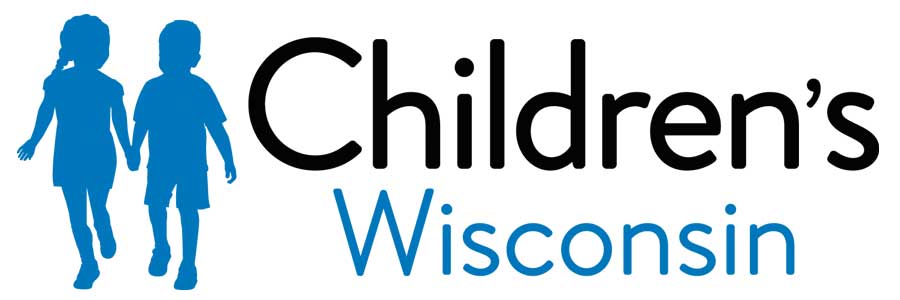Reactive Attachment Disorder RAD (1078)
Key points below
What is Reactive Attachment Disorder (RAD)?
When a child bonds with a caregivers during the first few years of life, it is called attachment. If a child does not form a healthy bond, they may form an attachment disorder. The child:
• May have a hard time forming long and loving relationships.
• May show anger and frustration toward caregivers.
• May have impulsive, controlling, or other reckless behaviors.
• May seem mature, but still has emotional needs.
The child’s caregivers must fill the child’s emotional needs. If these needs are met, the child may grow up to be a healthy adult.
What causes RAD?
RAD may happen when a child’s basic physical, developmental or emotional needs are not met and they do not form a loving, caring attachment to caregiving adults.
What are the symptoms of RAD?
Your child may show some of these symptoms. You may want to talk to a specialist who understands child development or who works with attachment disorders. A child with RAD may:
• Show reserved, withdrawn or confused behavior toward caregiver’s efforts to comfort them.
• Not seek comfort when upset.
• Show too much affection towards strangers.
• Not smile or offer any facial expressions to caregivers.
• Show sadness, irritability or fearfulness.
What can you do about RAD?
• Try not to take this personally. These behaviors are a result of trauma and will take time to heal. Your relationship with this child may feel very one-sided. Your child may not be able to show you their love, or respond in the way other children do.
• Talk to your child’s caseworker, doctor, social worker, or insurance company for a person who works with children with attachment disorders. Children’s has some resources for treating children with RAD. Call 414-266-3339 to find out more.
• You may want to get counseling for yourself. You can learn ways to help you cope and care for yourself during difficult times. You may also learn how to handle the child’s behavior.
• There is no magic pill for helping children heal emotionally. Therapists can help you understand.
Other Resources
• Books
- Can This Child Be Saved: Solutions for Adoptive and Foster Families; Cline, Foster W. and Helding, Cathy (1999); World Enterprises Productions, Franksville, WI
- When love is not enough: A guide to parenting children with RAD-Reactive attachment disorder; Thomas, Nancy L. (2005), Families by Design, Glenwood Springs, CO
- Attaching in adoption: Practical tools for today’s parents; Gray, Deborah D. (2012), Perspective Press, Inc., Indianapolis, IN
• Videos
- Captive in the Classroom; Thomas, Nancy (2000), Families by Design, Glenwood Springs, CO
- Beth: Child of Rage; HBO movie
• Audio
- Healing trust: Rebuilding the broken bond for the child with reactive attachment disorder; Thomas, Nancy L., (1998), The Love and Logic Press, Golden, CO
• Support Groups Online
- Go to Yahoo and search in support groups. Several online groups are available.
• Websites
- http://www.instituteforattachment.org/
- Adoption Resources of Wisconsin, http://www.wiadopt.org/, to identify additional resources with regards to post-adoption support
- AACAP Facts for Families -Reactive Attachment disorder http://www.aacap.org
Part of Information from brochure “When Love is not Enough” written by Betty Klug, foster parent and Dr. Alan Spurgin, Special Education Director, Martin Luther College, New Ulm, MN.
